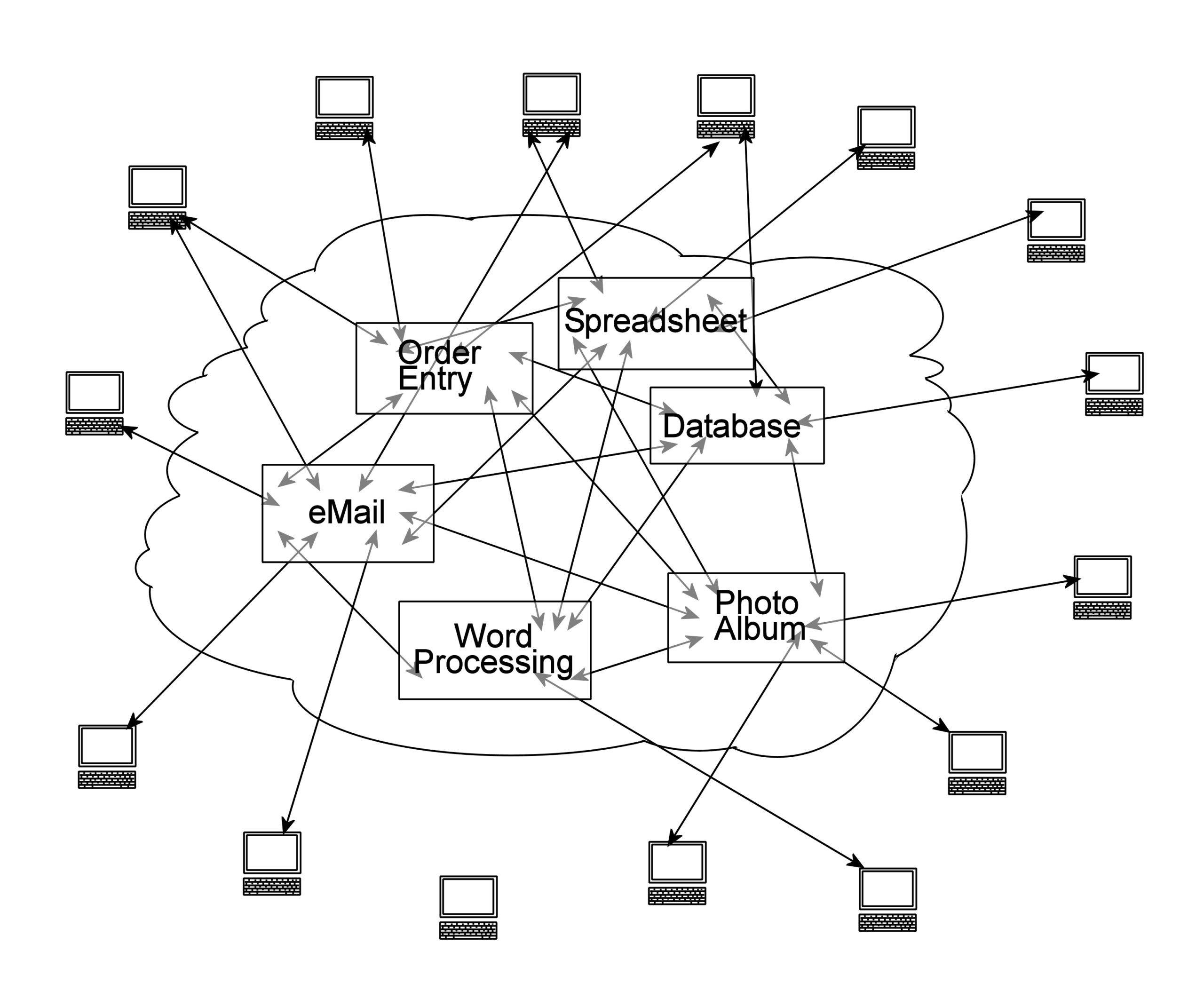Cloud computing is the delivery of computing services over the internet. These services include storage, software, email, databases, networking, reporting, monitoring, and high-performance computing. Instead of using your own computer you can access these services from a cloud service provider’s remote server. Cloud computing is like renting a storage locker that can store your belongings. You can access your services when you want to without having to worry about infrastructure issues such as maintenance, security, or space limitations.
Typical cloud services that one may encounter include OneDrive, Dropbox, Amazon Web Services, Microsoft Azure, Backblaze, and Google Drive. This is not an exhaustive list; many if not most service providers rely on cloud services to extend application reach, reduce maintenance and deployment costs, and leverage regional-based hosting for better service delivery. Since the Internet is as common a utility as gas, water, and electricity, accessing services hosted entirely online is convenient and cost-effective.
The benefits of cloud services also include cheaper costs for businesses since they don’t have to maintain their own physical server infrastructure. Consumers benefit from reduced costs and access to services once reserved for researchers and computer experts. Services like Backblaze are external place to keep backups of files in case the originals are destroyed or lost, an important part of a 1-2-3 backup strategy.
The downsides of cloud computing services include loss of data if the company goes bankrupt or experiences a security incident. The recurring costs that come with being dependent on a cloud provider can add up and are subject to increases. This leads to vendor “lock-in”, where one is forced to stay with a cloud provider because the business is now intricately linked to that provider.
Cloud computing services are not a risk-free endeavor; nothing with computers ever really is. Proper planning and having a technical expert at your side to listen to and evaluate your needs is essential to embracing the future of cloud computing.

